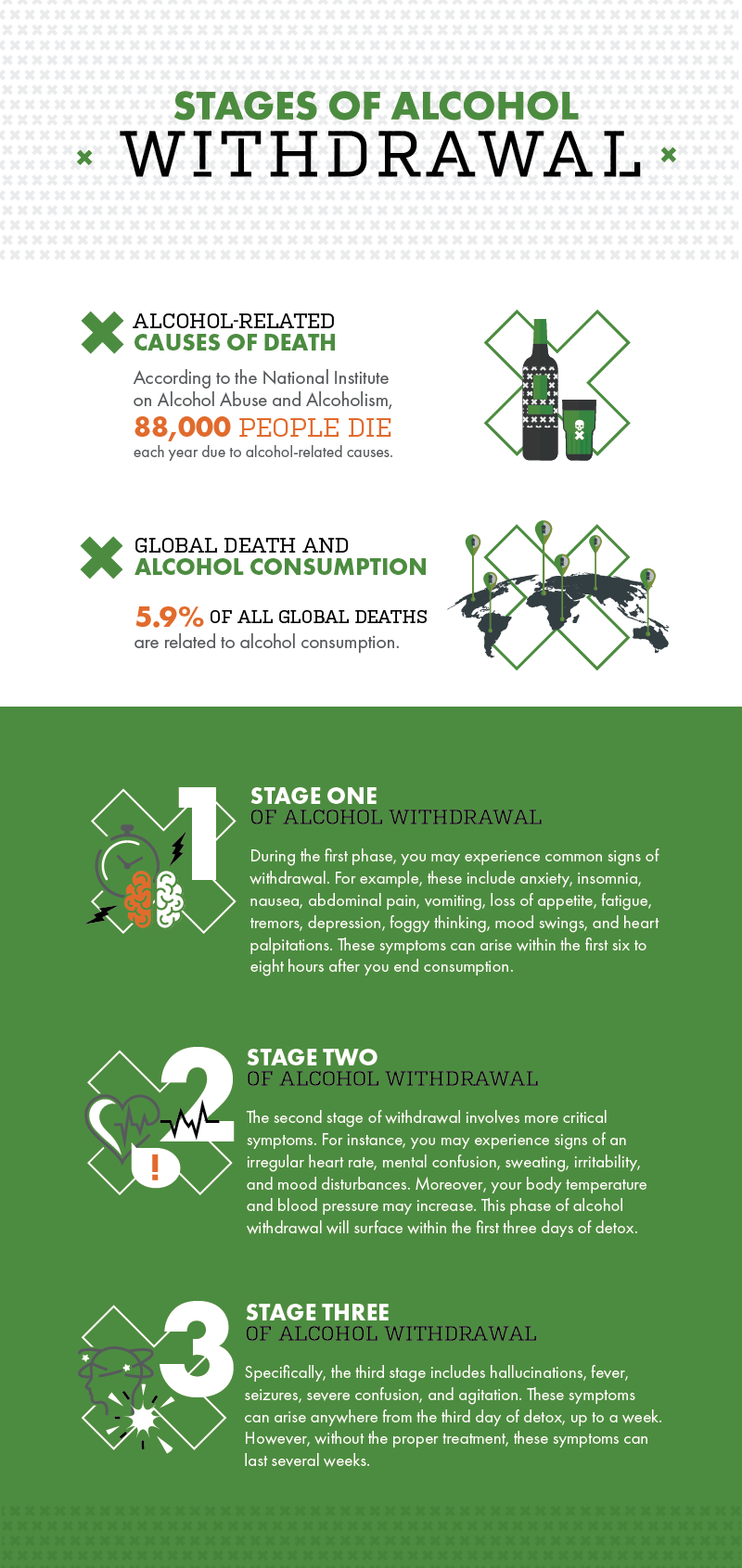Discover The Secret To Creating A Durable Aftercare Plan Complying With Drug Rehabilitation And Unlock The Door To Continual Success
Discover The Secret To Creating A Durable Aftercare Plan Complying With Drug Rehabilitation And Unlock The Door To Continual Success
Blog Article
Write-Up Written By-Lawrence Aagaard
You've finished drug rehabilitation, and now it's time to create an effective aftercare strategy to guarantee your long-term healing.
Picture this: you're an individual figured out to stay tidy and construct a fulfilling life. This article will assist you with determining recurring support group, integrating treatment and counseling, and developing healthy and balanced coping mechanisms.
With these approaches, you'll be furnished to flourish in your trip of sobriety.
Allow's get going.
Identifying Ongoing Assistance Equipments
You should identify at least three ongoing support group to make sure an effective recuperation after drug rehab.
The initial support system is your friends and family. They can provide emotional support, motivation, and aid you remain liable. They can additionally give a safe and understanding setting where you can share your battles and success.
The 2nd support system is your specialist or therapist. They can help you resolve any underlying problems that might have added to your dependency and supply advice on just how to stay clear of regression. They can additionally show you dealing mechanisms and healthy and balanced methods to deal with tension.
The third support group is a support group or a sober community. Being bordered by others that are undergoing comparable experiences can be exceptionally helpful. They can give a sense of belonging, recognizing, and deal important advice and support.
Incorporating Therapy and Therapy
To achieve an effective healing, it is essential for you to actively take part in therapy and therapy sessions, along with incorporate them right into your recurring support systems. By doing so, you can make best use of the benefits of these therapy modalities and enhance your opportunities of maintaining long-lasting soberness.
Here are some crucial reasons integrating therapy and counseling into your aftercare strategy is important:
- ** Emotional Support: ** Therapy and counseling supply a secure room for you to reveal your ideas, sensations, and battles related to your addiction. It allows you to overcome any kind of unresolved concerns and develop healthy and balanced coping devices.
- ** Relapse just click the following web page : ** These sessions outfit you with the needed tools and strategies to stop relapse. Read Much more aid you recognize triggers, establish dealing skills, and establish a solid foundation for taking care of food cravings and stress and anxiety.
- ** Individual Development: ** Therapy and counseling promote individual development and self-discovery. They aid you acquire understanding into the underlying root causes of your addiction, enhance self-worth, and establish much healthier relationships.
Creating Healthy Coping Mechanisms
During treatment and counseling sessions, it's critical to actively work on establishing healthy coping mechanisms in order to efficiently handle stress and obstacles.
You require to recognize and comprehend your triggers, those points that trigger you distress or anxiety. By recognizing these triggers, you can develop strategies to deal with them in a healthy and balanced way. This could involve practicing deep breathing workouts, engaging in exercise, or finding an imaginative electrical outlet to express your feelings.
It's important to additionally border on your own with a solid support group of loved ones who can give support and assistance.
Moreover, self-care tasks such as obtaining adequate rest, consuming well, and exercising relaxation methods can considerably contribute to your total wellness.
Verdict
In the trip in the direction of recovery, creating an effective aftercare plan resembles often tending to a fragile garden. Equally as a garden enthusiast supports each plant with care and focus, so as well should one grow continuous support group, incorporate treatment and counseling, and develop healthy coping systems.
By doing so, the seeds of recovery will bloom right into a growing garden, providing a strong foundation for a brighter, drug-free future.
